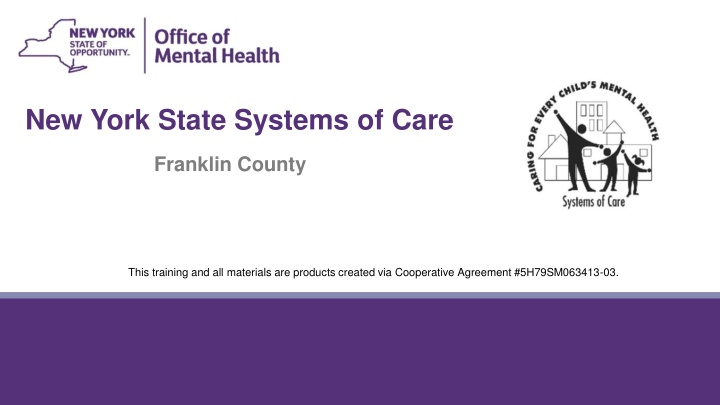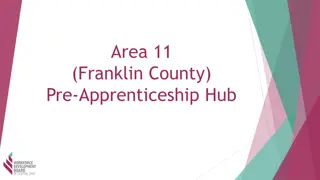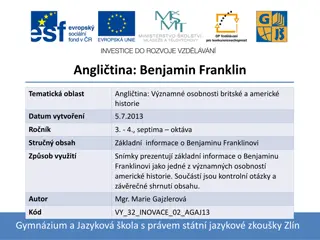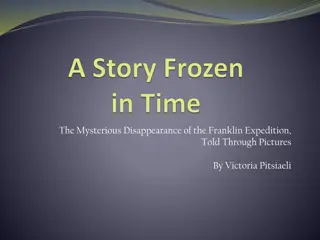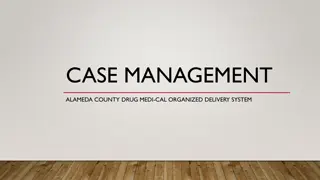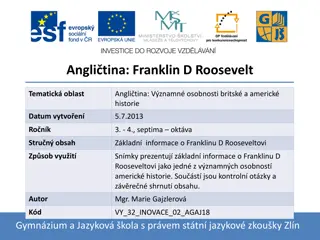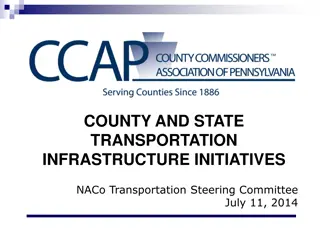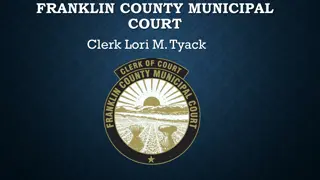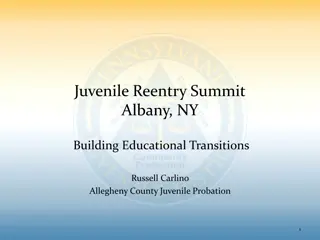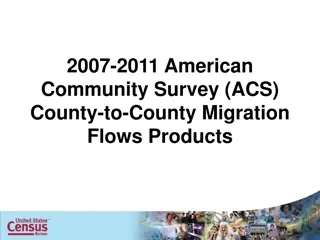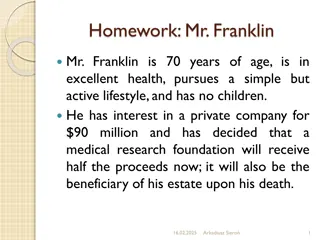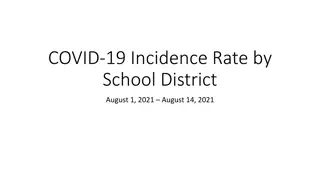Franklin County System of Care: Building Effective Systems
Franklin County Systems of Care focuses on providing a broad array of services and supports for a multi-system-involved population, emphasizing coordinated care planning, cultural competence, and partnerships with families. The approach involves organized leadership, decision-making, and oversight to eliminate barriers and ensure efficient service delivery.
Download Presentation

Please find below an Image/Link to download the presentation.
The content on the website is provided AS IS for your information and personal use only. It may not be sold, licensed, or shared on other websites without obtaining consent from the author.If you encounter any issues during the download, it is possible that the publisher has removed the file from their server.
You are allowed to download the files provided on this website for personal or commercial use, subject to the condition that they are used lawfully. All files are the property of their respective owners.
The content on the website is provided AS IS for your information and personal use only. It may not be sold, licensed, or shared on other websites without obtaining consent from the author.
E N D
Presentation Transcript
New York State Systems of Care Franklin County This training and all materials are products created via Cooperative Agreement #5H79SM063413-03.
2 Franklin County System of Care Tier II Systems Issues & Resolution Family Intervention Team (FIT) Process Residential Placement Prevention Steering Committee Trauma Informed/Sensitive Schools Grant
3 Systems of Care Defined A broad flexible array of effective services and supports for a defined, multi-system-involved population, which is organized into a coordinated network, integrates care planning and care management across multiple levels, is culturally and linguistically competent (or responsive), builds meaningful partnerships with families and with youth at service delivery, management, and policy levels, has supportive management and policy infrastructure, and is data-driven . Pires, S. (2010). Building Systems of Care: A Primer. Washington, DC: Georgetown University Center for Child and Human Development, National Technical Assistance Center for Children s Mental Health.
5 Effective Systems of Care needs organized leadership, decision-making, and oversight: provided through a group or team effort, comprised of those persons who hold a shared vision for what needs to be done, can identify and eliminate barriers, including gaps in services can communicate information so services are not duplicated and needs are met more efficiently, and have the ability and resources to make those things happen.
6 The SOC Approach IS Simply put how a community takes care of its own An organizational framework for system reform A value base for systems and service delivery A guide to implement unique to each state, tribe, territory, community Adaptable - approach based on context and environment Flexible for innovation Applicable for different age groups (early childhood, youth and young adults of transition age) levels of need (serious conditions, at risk) cultural groups
7 Why System of Care? It is proven to achieve the following outcomes: Promoting wellness of children and youth across their lifespan Multi-system sharing of resources and responsibilities Array of necessary and appropriate services and supports Collaboration across systems and traditional funding silos Engaging and supporting families in raising their children with health and resilience
8 Franklin County Landscape What will be the long term impact of the opioid & substance use crisis on our communities, families & children?
9 Social Determinants of Health Trauma/ACEs Developmental Delays Co-occurring Disorders
10 Updates on Recent Initiatives Community Schools Initiative Tupper Lake Recovery Center Tri-Lakes Community Alliance Tri-County Consortium SPARCC, ECHO & Task Force Task Force Forum August 13th Children s System Transformation
11 What s Next? Elizabeth Meeker, PsyD Trauma 101 Trauma 102 & Beyond Collegial Learning Circles From ACES to Assets: Fostering Resilience to Improve Outcomes From Trauma to Healing Building Trauma Sensitive Services to Support Resiliency Leadership Session School Mental Health Education & Education
12 Contact Information Suzanne Lavigne Franklin County Community Services/LGU Director of Community Services slavigne@franklincony.org
